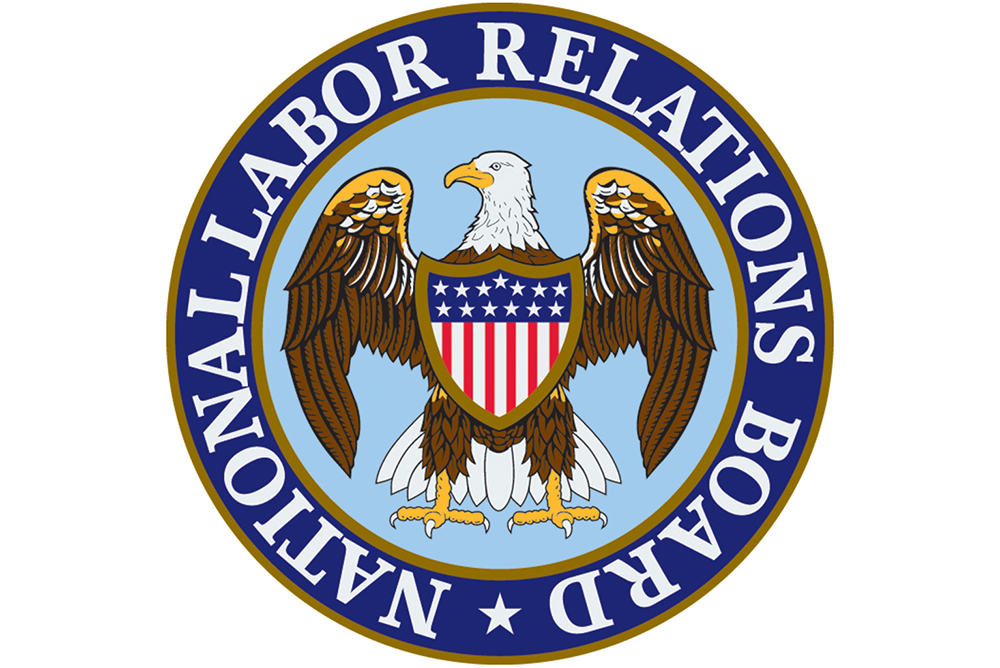The National Labor Relations Board’s (NLRB) latest decision in a case involving the misclassification of workers is further evidence of the Board’s willingness to reverse precedents set under the previous administration, but the decision doesn’t lessen the risk of misclassifying employees as independent contractors.
 In an August 29 decision in Velox Express, Inc., the NLRB held that employers don’t violate the National Labor Relations Act (NLRA) just by misclassifying employees as independent contractors.
In an August 29 decision in Velox Express, Inc., the NLRB held that employers don’t violate the National Labor Relations Act (NLRA) just by misclassifying employees as independent contractors.
The case involved a worker who was fired after bringing to management’s attention complaints about the way workers were treated. The employer considered the worker an independent contractor, but it was determined she was an employee, meaning her actions were protected activity under the NLRA. Since the worker was an employee, the employer violated the NLRA by firing her, but the Board decided that misclassification wasn’t a separate violation.
Burton J. Fishman, an attorney with Fortney & Scott, LLC, in Washington, D.C., says the current Board is “rather systematically identifying and reversing” many of the “often controversial” rulings the Board released when it had a Democratic majority. “I anticipate that the pace of reversals and of new precedents will accelerate,” he says.
Nevertheless, Heat Is Still on Employers
Even though the Board decided misclassification didn’t constitute a separate violation under the NLRA, employers shouldn’t think the heat is off concerning misclassification of employees as independent contractors.
“Despite its ultimate decision, the fact that the NLRB even considered jumping on the bandwagon of focusing on misclassification highlights the reality that there is such a bandwagon,” Ryan J. Funk, an attorney with Faegre Baker Daniels LLP in Indianapolis, Indiana, says. “Other agencies, judges, lawyers, and employees are looking closely at misclassification.”
Carolyn A. Pellegrini, an attorney with Saul Ewing Arnstein & Lehr in Philadelphia, Pennsylvania, agrees: “Employers should welcome the results but not let their guard down.” She points out the decision is coming from a Board made up of three Republican appointees and one Democrat, and “the pendulum will likely swing back toward more employee-friendly policies” when Democratic appointees control the NLRB.
Ruling’s Significance
Pellegrini says the new decision “provides a roadmap for how the Board will apply its new independent contractor analysis articulated in SuperShuttle DFW, Inc. earlier this year.” In that decision issued in January, the Board returned to its former independent contractor standard and reaffirmed its adherence to the traditional common-law test used to classify workers as either employees or independent contractors. The SuperShuttle decision also emphasized the role entrepreneurial opportunity plays in the determination of independent contractor status.
Pellegrini says the Velox decision is especially important for companies engaged in business within the gig economy because those entities tend to work with many independent contractors. “The decision is not, however, carte blanche to misclassify workers,” she says.
The Board found the employer violated the NLRA by taking adverse action against a worker who turned out to be an employee. “Therefore, the case is not a shield against all liability—just against liability under the NLRA for misclassification,” Pellegrini says. “Moreover, the potential exposure for companies misclassifying workers remains high under the other laws and regulations, such as the Fair Labor Standards Act and the Internal Revenue Code.”
Funk also points out that misclassification is still unlawful under other employment laws. “The impacts of failing to pay payroll taxes and overtime for employees misclassified as independent contractors overshadow any impact the NLRB would have added by finding its own independent violation,” he says. “Misclassification was risky before this NLRB decision and still is.”
Fishman is a frequent contributor to Federal Employment Law Insider, Funk to Indiana Employment Law Letter, and Pelligrini to Pennsylvania Employment Law Letter.
Tammy Binford writes and edits news alerts and newsletter articles on labor and employment law topics for BLR web and print publications.
